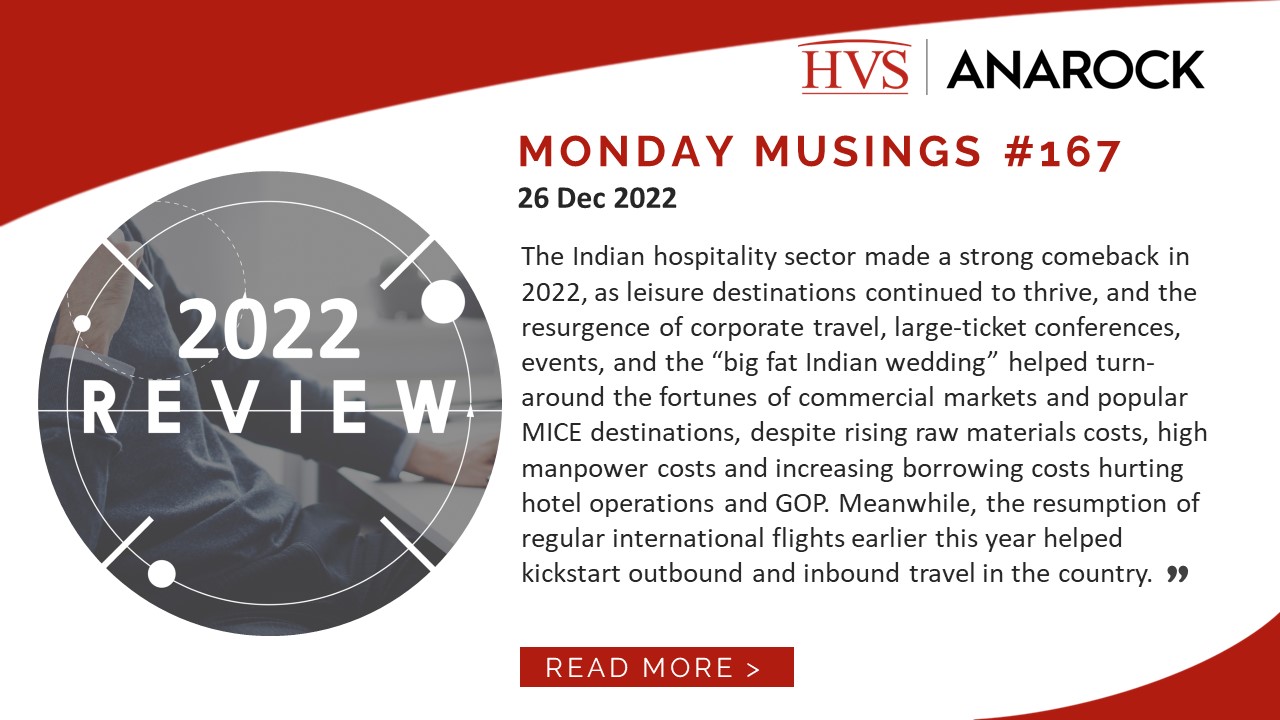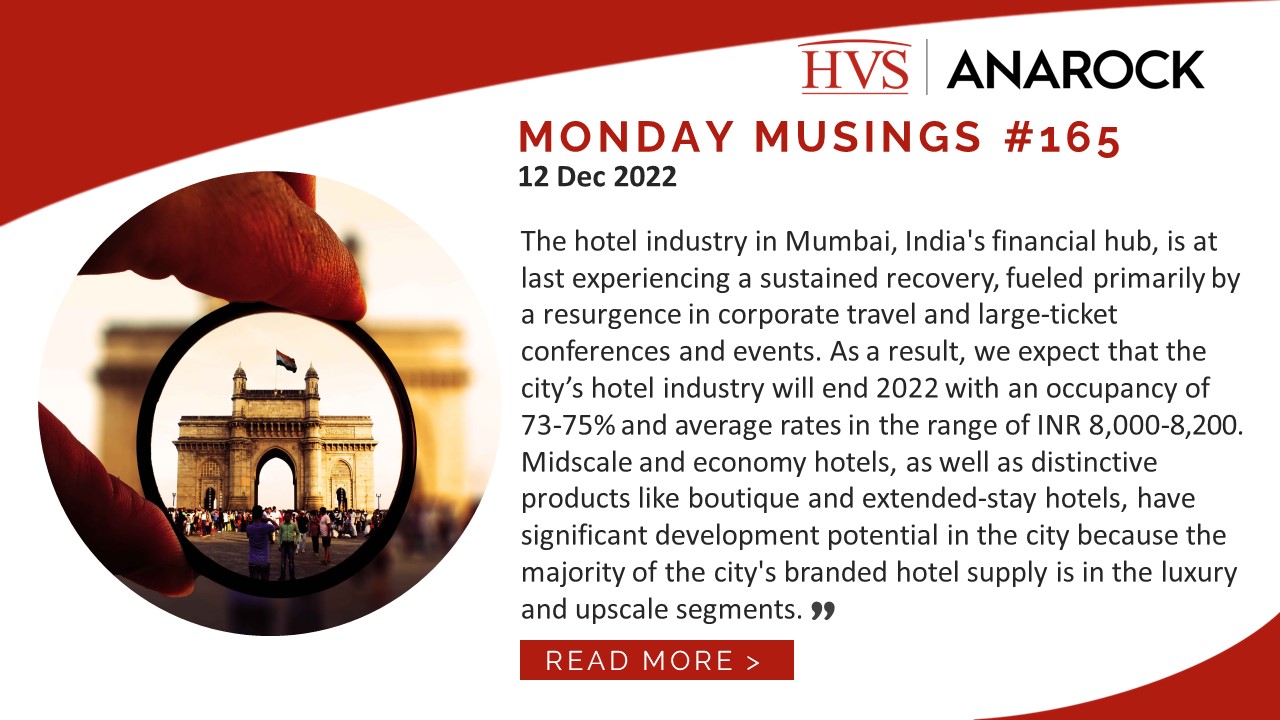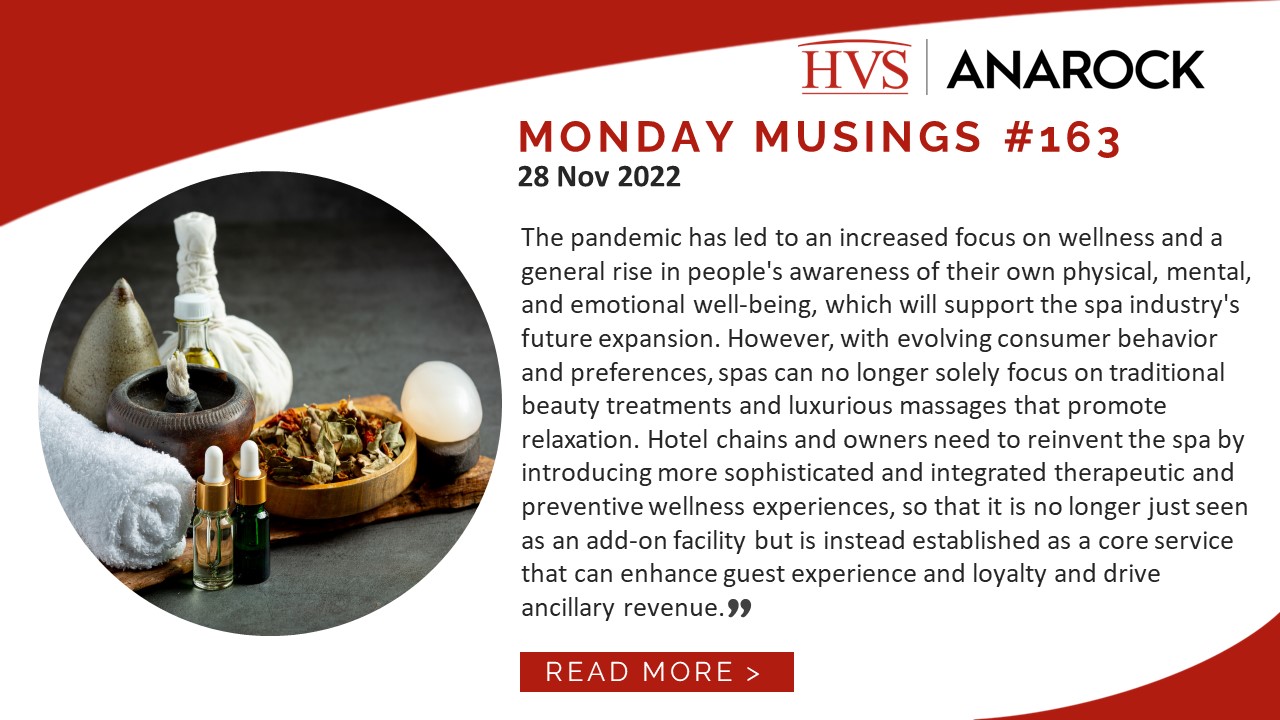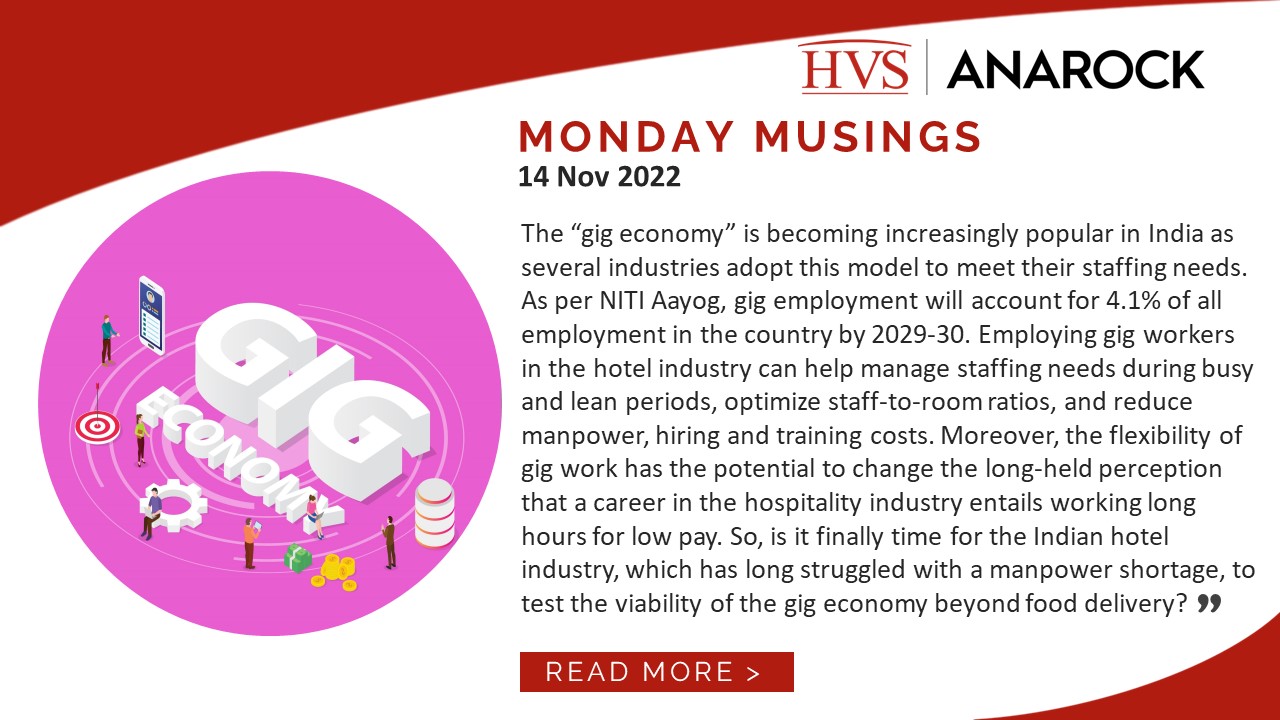Salt Lake City has historically played second fiddle to larger Rocky Mountain cities such as Denver; however, a new convention hotel, a multimillion-dollar airport expansion, and the state's popularity as a leisure destination in both the summer and winter have elevated Salt Lake City's position from a regional to a national player for hotel investment.









